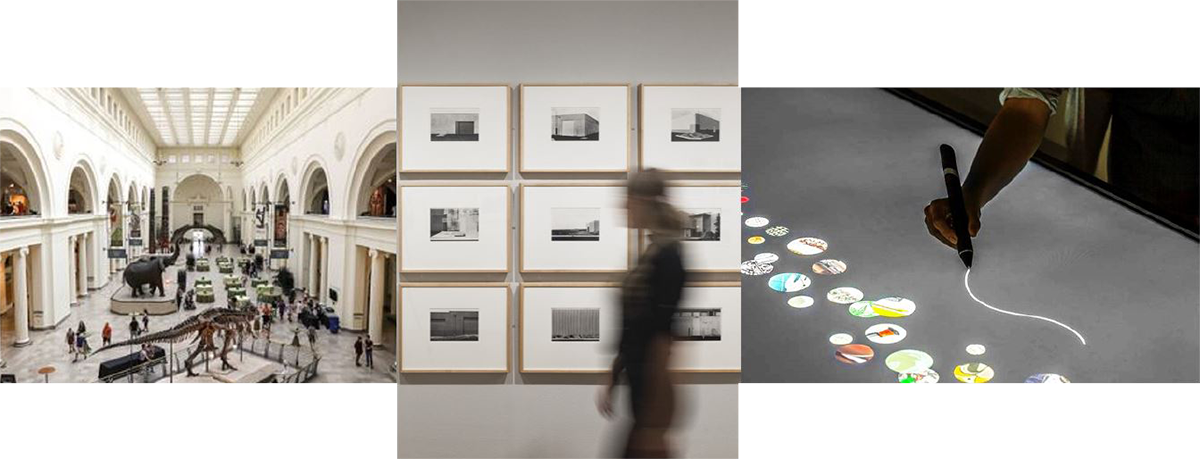
This course is intended to complement MUSEUMS 301’s historical orientation with an examination of major areas of concern in the contemporary museum world. Certain themes are expected to receive treatment on an annual basis (e.g., the depiction of ethnic, racial, religious, and gender issues in museum displays, ethics, the ownership of cultural heritage materials, changes in museum funding and its impact on museums, etc.), while other themes will receive attention as merited by news of the day. Of key pedagogical importance is the seminar format for the class which will allow for dynamic group discussion and in-depth examination of the issues at hand. A case study approach will predominate but will be supplemented by appropriate additional readings to create the necessary theoretical context for discussion.
Because of the contemporary focus of the course, students will be encouraged to further supplement their understanding of issues through participation in listservs, web searching, following the popular media, and research on positions taken by various professional organizations. Similarly, students will learn about contemporary issues facing museums through direct engagement with host partner museums who will identify an issue of institutional concern for the class to research during the term. Student teams will engage with museum staff to learn about the issue, understand its impact on the museum, study best practices at other institutions, conduct a literature search, research the greater context for the problem, and develop a set of recommendations. Such an approach allows students to engage with historical precedent, relevant theory and scholarship, and the reality of practice. The small seminar setting (fewer than 25 students) will allow students to engage closely with faculty, visiting lecturers, and other students, resulting in a deeper understanding of the issues facing contemporary museums.